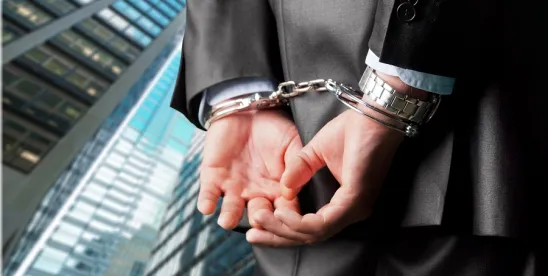The C-Suite rarely wants to consider, much less worry about, the impacts of criminal conduct on their business. The reality is, however, companies can and do get pulled into criminal and quasi-criminal enforcement actions as both victims and (albeit unintentional) perpetrators. Two areas of criminal conduct that perhaps do not receive the amount of C-Suite attention they deserve are internaltrade secret theft and human trafficking.
The theft of trade secrets is a problem that all companies with valuable intellectual property are generally aware of, and usually great effort is taken to prevent outside forces from access to such secrets. The problem is more difficult, however, when the threat comes from the inside – your own employees, engineers and contractors. The free exchange of ideas, innovation, and data are common in high-tech companies, but that free exchange makes it easier for those with bad intent to acquire and accumulate vast amounts of trade secrets that could be of great interest to competitors and foreign countries, especially China. We assist companies in dealing with these issues when they arise, through either civil or criminal enforcement actions.
Human trafficking, which can result when vulnerable populations are exploited for cheap, unskilled labor, is a worldwide problem of which all businesses that sell goods in the U.S. that are produced and imported from overseas need to be cognizant. As the global supply chains that support today’s multinational businesses grow in length and complexity, so does the risk that such chains incorporate goods or services extracted from trafficked workers. Preventing human trafficking from infecting supply lines is fast becoming an essential business practice not only because it’s the right thing to do, but also because failing to address this issue can result in serious civil and criminal consequences – even when a company that ostensibly benefits from forced labor was completely unaware of it.



 />i
/>i

